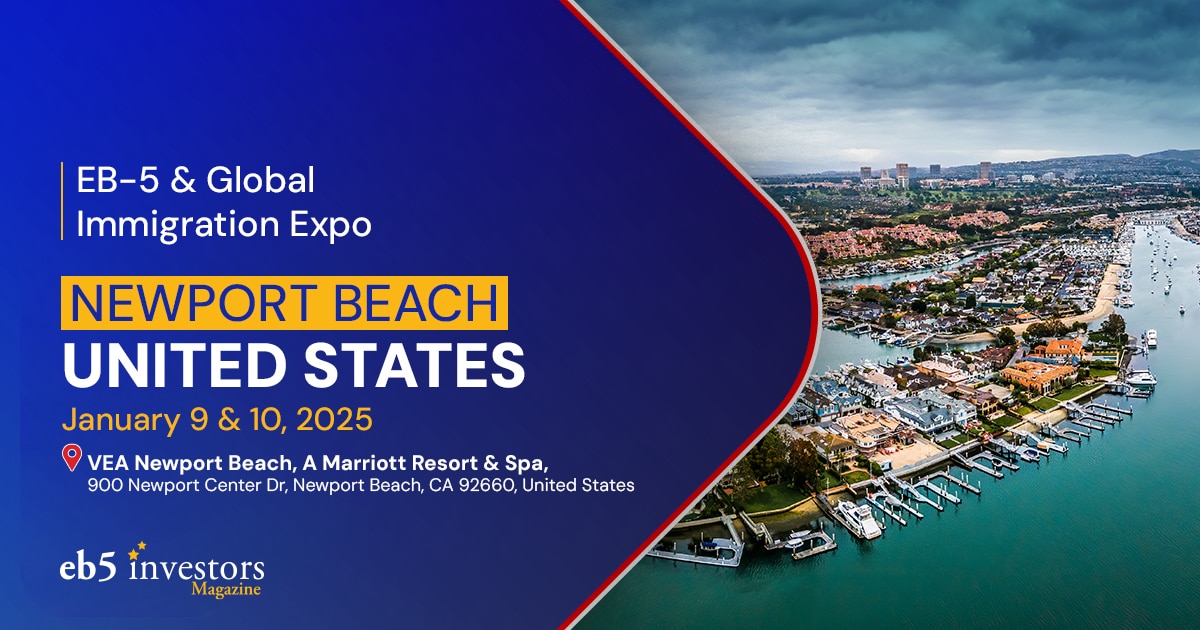A handful of Caribbean countries have launched investment immigration programs to attract foreign investors and stimulate their island economies. The oldest such program is operated by St. Kitts and Nevis and was established in 1984, demonstrating the region’s long commitment to encouraging foreign investment. The newest program was established in St. Lucia in 2015 and follows a similar structure to its predecessors.
All of the Caribbean investment immigration programs offer citizenship directly, rather than through temporary or permanent residence. Some of these countries are valued for their favorable tax policies, and all are valued for the travel access granted by their passports. The region’s proximity to the United States and Canada is a draw too, and Grenada is even part of the E-2 treaty with the United States, which admits immigrants when they invest a substantial amount of money in a U.S. business.
Caribbean investment immigration programs are largely based on real estate—most often requiring applicants to invest in approved government projects. Each of these countries also offers a fund contribution option, which allows investors to make a one-time non-refundable contribution to a national fund used toward projects of national interest. The contribution amount is less than the amount required of a real estate investment and allows the governments to raise funds for development projects.
ANTIGUA AND BARBUDA
Antigua and Barbuda offer citizenship to foreign investors willing to make a significant investment in the country’s economy through its Citizenship by Investment Program (CIP). To qualify for the CIP in Antigua and Barbuda, applicants are required to make a real estate investment of at least $400,000, a minimum contribution of $200,000 (single applicant) to the country’s National Development Fund, or an investment of at least $1.5 million in an eligible business. Real estate investments must be made in government-approved projects and maintained for five years. The program was established in 2014 and grants citizenship and a passport to approved applicants and their families, which will allow them to travel visa-free to approximately 130 countries.
DOMINICA
Dominica started its CIP in 1993. Citizenship through this program is also granted based on an investment in real estate or a contribution to the government fund. The program requires a real estate investment of at least $200,000 or a minimum contribution of $100,000 to the fund, plus fees for the investor and eligible dependents. The country has no capital gains, estate or death taxes and allows free movement of profits and dividends. The Dominican passport offers visa-free access to over 120 countries, including the Schengen area.
GRENADA
Begun in 2013, Grenada’s CIP grants citizenship and a passport to investors and their family members who invest in an approved real estate project or contribute to the National Transformation Fund (NTF). The real estate investment must total at least $350,000 and the NTF minimum contribution is $200,000, plus fees. Grenada is party to the Schengen agreement, granting visa-free travel in all 26 Schengen countries and some 90 more. Additionally, as an E-2 treaty country, Grenadian citizens may apply to come to the United States as E-2 treaty investors.
ST. KITTS AND NEVIS
Established in 1984, St. Kitts and Nevis’ CIP is the oldest such program in the Caribbean and among the oldest in the world. Applicants are granted citizenship based on an economic contribution to the island nation in the form of a real estate investment of at least $400,000 or a minimum contribution of $250,000 (single applicant) to the country’s Sugar Industry Diversification Foundation. Real estate investments must be made in government-approved projects and maintained for five years. In exchange for their investment, approved applicants and their qualifying family members will receive citizenship and a passport that will allow them to travel visa-free to more than 150 countries. There are no income, capital gains, inheritance, or gift taxes imposed on citizens by the country, making this program particularly attractive for those looking to minimize their tax burden. Each island has established institutions to promote and run its respective CIP. Prospective investors can visit our pages on this two-island country to learn more about investment opportunities, application requirements, and how to get started.
ST. LUCIA
The latest nation in the Caribbean to launch a CIP, in 2015, St. Lucia provides four investment options ranging from $100,000 to $3.5 million. Applicants can donate $100,000 to the Saint Lucia National Economic Fund; purchase real estate worth at least $300,000 – either high-end branded hotel/resort properties or boutique properties; invest in enterprise projects that include restaurants, cruise ports, research facilities, infrastructure, and pharmaceutical products for at least $3.5 million; or buy a minimum of $500,000 in government bonds. Applicants applying with a spouse and/or family members will pay more for the economic fund and government bond options, and application fees boost the total amount. In exchange, investors receive visa-free or visa-on-arrival access to over 120 countries, including those in the European Union, South America, and other parts of the Caribbean.
Each of these countries has established institutions to promote and run their respective citizenship by investment programs. Prospective investors can visit our pages on each of these countries to learn more about investment opportunities, application requirements and how to get started.






